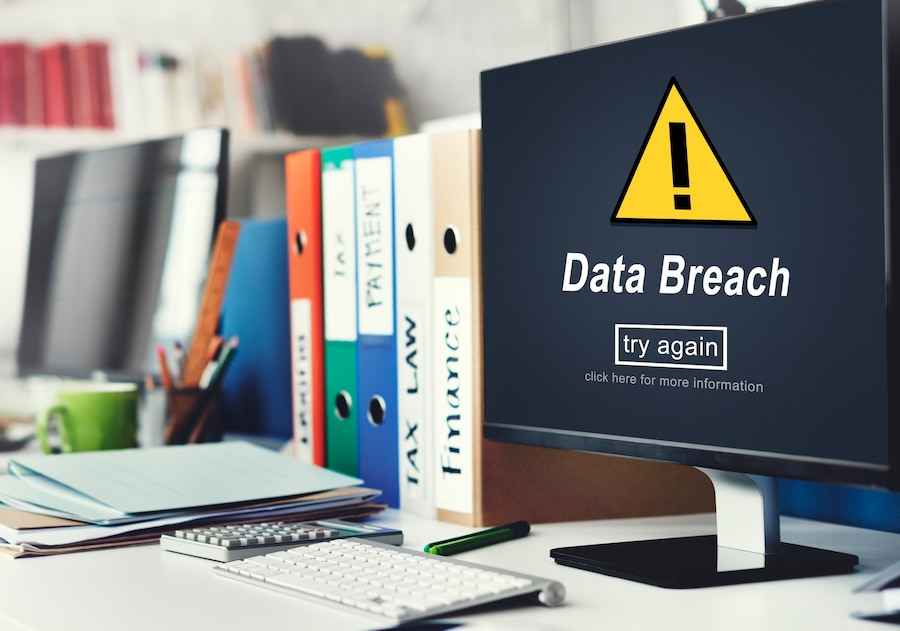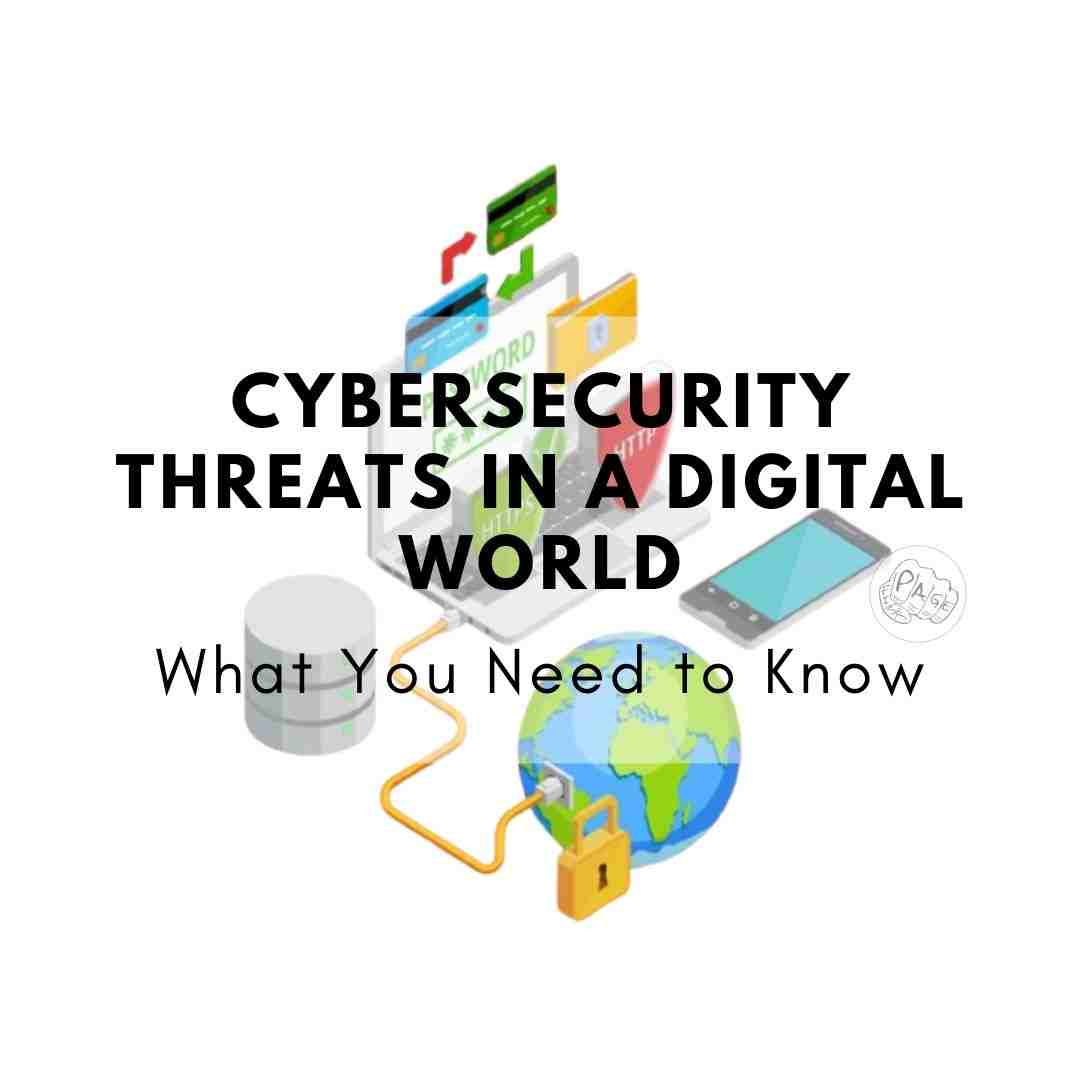What is Data Breach in Cyber Security?
A data breach is an unauthorized access or disclosure of sensitive or confidential information by an attacker or an insider. Data breaches can compromise the security and privacy of individuals, organizations, or governments. Data breaches can have serious consequences, such as financial losses, reputational damage, legal liabilities, or regulatory penalties. Data breaches can occur due to various reasons, such as hacking, phishing, malware, human error, or system vulnerabilities.
A data breach is a security incident that exposes confidential, sensitive, or protected information to an unauthorized person. The data can be viewed, copied, or shared without permission, resulting in potential harm to the data owner or the data subjects. Data breaches can affect individuals, businesses, governments, and other organizations.
Data breaches can happen for a variety of reasons, such as:
- An accidental insider: An employee or a contractor who accesses data without proper authorization or by mistake.
- A malicious insider: An employee or a contractor who deliberately steals, leaks, or sabotages data for personal gain or revenge.
- A cyberattack: An external hacker or a group of hackers who exploit vulnerabilities in the system or network to gain access to data.
- A physical theft: A thief who steals devices or documents that contain data.
- A human error: A mistake or negligence that leads to data loss or exposure, such as sending an email to the wrong recipient, misconfiguring a server, or disposing of data improperly.
The consequences of a data breach can be severe and long-lasting, depending on the type, amount, and sensitivity of the data involved. Some of the possible impacts are:
- Financial losses: Data breaches can result in direct costs for the data owner, such as fines, penalties, lawsuits, settlements, remediation expenses, and reputational damage. They can also result in indirect costs for the data subjects, such as identity theft, fraud, extortion, and credit monitoring services.
- Legal liabilities: Data breaches can expose the data owner to legal actions from the data subjects, regulators, shareholders, partners, and other stakeholders. Depending on the jurisdiction and the industry, the data owner may face civil or criminal charges for violating data protection laws and regulations.
- Operational disruptions: Data breaches can affect the availability, integrity, and functionality of the system or network that stores or processes the data. This can cause downtime, delays, errors, and inefficiencies in business operations and services.
- Psychological distress: Data breaches can cause emotional stress and anxiety for the data owner and the data subjects. They may lose trust and confidence in the organization that handles their data. They may also feel violated, exposed, and vulnerable.
How to prevent data breaches?
Data breaches are inevitable in today's digital world. However, there are some best practices that can help reduce the risk and impact of data breaches. Some of them are:
- Conduct regular risk assessments: Identify and evaluate the potential threats and vulnerabilities that may affect data security. Prioritize and mitigate the risks according to their likelihood and severity.
- Implement strong security measures: Use encryption, authentication, authorization, firewalls, antivirus software, and other tools to protect the data from unauthorized access. Apply security patches and updates regularly to fix any flaws or bugs in the system or network.
- Educate and train staff: Provide security awareness and training programs for employees and contractors who handle data. Teach them how to recognize and report suspicious activities, phishing emails, social engineering attacks, and other signs of a breach. Enforce security policies and procedures that define roles and responsibilities for data protection.
- Monitor and audit activities: Track and record all activities related to data access, usage, transfer, modification, deletion, etc. Review and analyze the logs periodically to detect any anomalies or deviations from normal behavior. Investigate and respond to any incidents or alerts promptly.
- Backup and recover data: Create backups of critical data regularly and store them in a secure location. Test the backups periodically to ensure their validity and usability. Have a disaster recovery plan that outlines how to restore data in case of a breach or a loss.
Data breaches are serious threats that can compromise the confidentiality, integrity, and availability of data. By understanding what is a data breach in cyber security and how it can affect individuals and organizations, we can take proactive steps to prevent or mitigate them.
Share This Post
Related Articles
Types of Cyber Security
Cyber security is the practice of protecting networks, devices, and data from unauthorized access or attacks. There are different types of cybersecurity
Cybersecurity Threats in a Digital World: What You Need to Know
Discover the top cybersecurity threats in today's digital landscape and learn how to protect yourself and your data. Stay one step ahead of cybercriminals!
Explaining Two-Factor Authentication (2FA): Strengthening Online Security
Discover the vital concept of Two-Factor Authentication (2FA) and its role in enhancing online security. Learn how 2FA works, its benefits, and its applications in modern digital environments.
Decoding Ethical Hacking vs Cyber Security: A Comprehensive Guide
Explore the nuances between Ethical Hacking and Cyber Security to fortify your digital defenses. Gain insights into methodologies, skillsets, and the synergy between these vital components of cybersecurity.
Cloud Security
Cloud security is the practice of protecting data, applications, and infrastructure from cyberattacks and unauthorized access in the cloud. Cloud security requires a shared responsibility model between the cloud service provider and the customer, as well as the implementation of security controls, policies, and best practices. Cloud security can help organizations achieve compliance, scalability, and cost-efficiency in their cloud operations.
Related FAQ
No related FAQ.
Say Hello
To Your Dream





